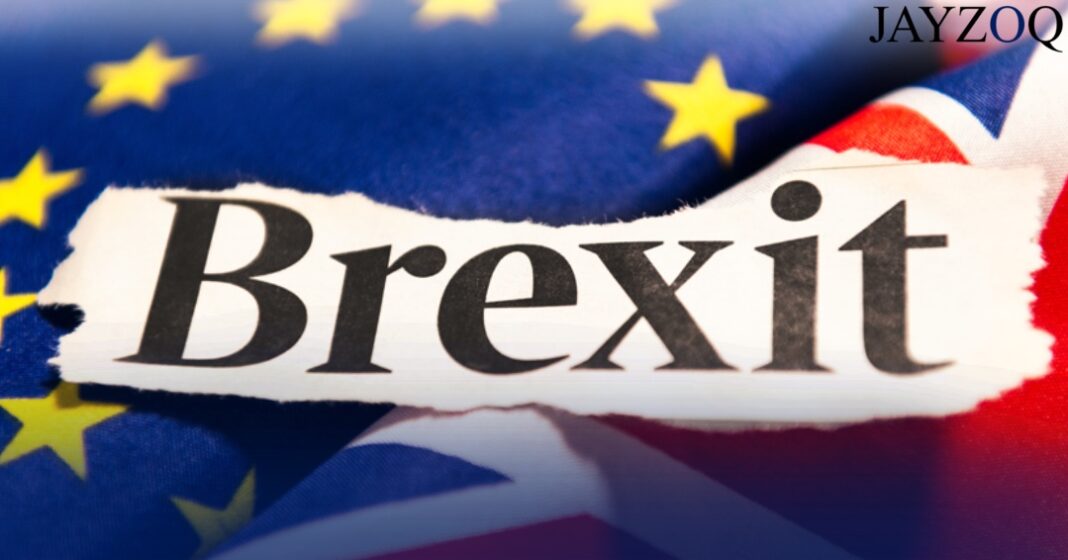On the 31st of December 2020, the transition period for the United Kingdom (UK) in the European Union (EU) ended, marking the official leave of the UK from the EU. Brexit, meaning “British Exit,” meant the leaving of the UK from the economic and trade policies of the EU which it had been a part of since 1973. On the 23rd of June 2016, the results came in from the British citizens voting in favour of the UK leaving the EU.
People who mainly supported Brexit were older, working-class residents in the countryside of England. These people were afraid that the free movement of people meant that the developing countries would take advantage, and they would be left with fewer jobs and opportunities available. Other small businesses were highly in debt due to the EU fees. One way or the other, these people viewed that the UK had given more than they had received from the EU. On the other hand, those who voted against Brexit were primarily from Scotland, Northern Ireland and London. They argued that free trade with the EU was beneficial for them and the people coming from the EU to the UK for jobs were highly qualified and motivated. Overall, they felt leaving the EU would damage the global status of the UK.
The results of the Referendum on the Brexit
Brexit seems to create a significant effect on Great Britain’s growth and economic prospects. Most of this was caused due to the uncertainty the Brexit had created since the day it was announced in 2016. The UK economic growth fell from 2.4% in 2015 to 1.0% in 2019. It is further analyzed, that Brexit would harm Britain’s economic growth by 6.7% in the coming 15 years. Not only this, but the British pound fell from $1.48 to $1.36 the very next day of the referendum making the imports expensive for the citizens.
It is also expected that Brexit may cause job instability in terms of shortages and surplus all over Europe. Moreover, Germany is expected to have a drastic 3 million labour shortage by the year 2030. These job positions can not be filled easily with Brexit coming in place because it does not allow free immigration. Besides this, employers in the UK are facing difficulty in finding competent employees for specific positions. This is because, in 2017, 95% of the EU based workers living in the UK fled back to their home countries, therefore affecting the low skilled and medium-skilled jobs the most.
Trade in the UK would also be affected due to the EU having around 40 agreements all over the world with different countries, which are best suitable for them. Since the UK has now left the European Union, it will have to build its relationship all over, affecting the Balance of Payment and increasing instability.
Overall, Brexit will also have an effect on the EU because it does not show its support for globalization. This weakens forces in the EU that are trying to bring unification in their trades. There are several parties against the EU in France and Germany that could establish an anti-EU vote which would be bad for the European Union in terms of reputation and it would lose some of its powerful economies.







